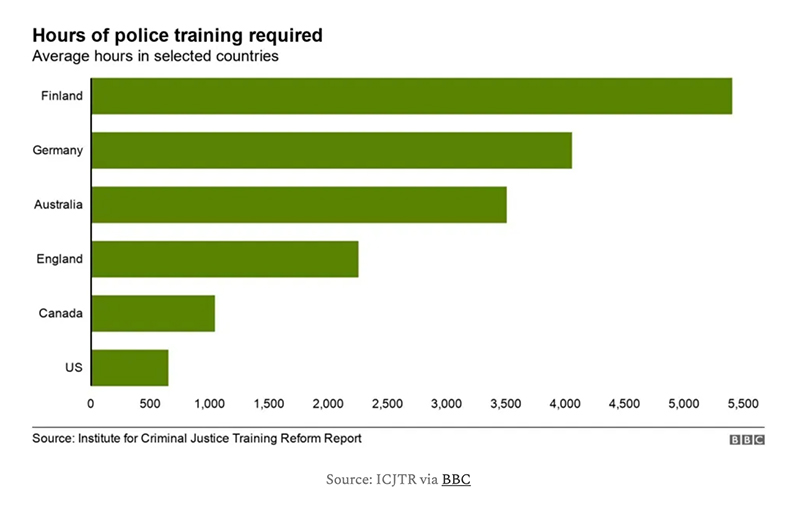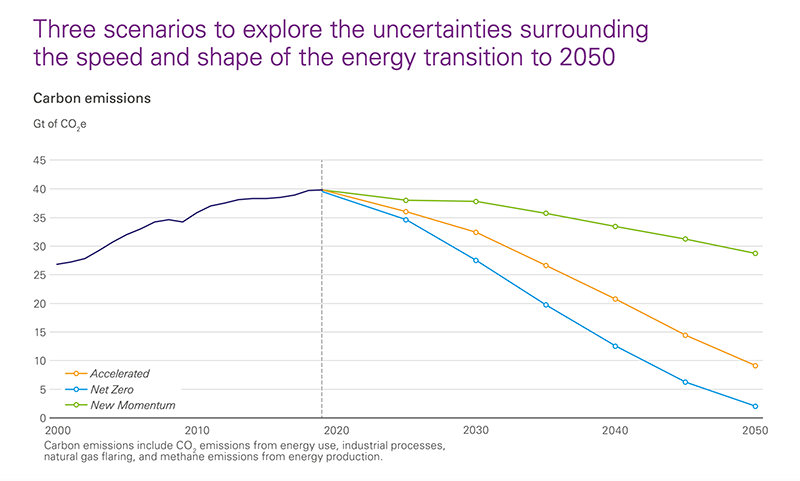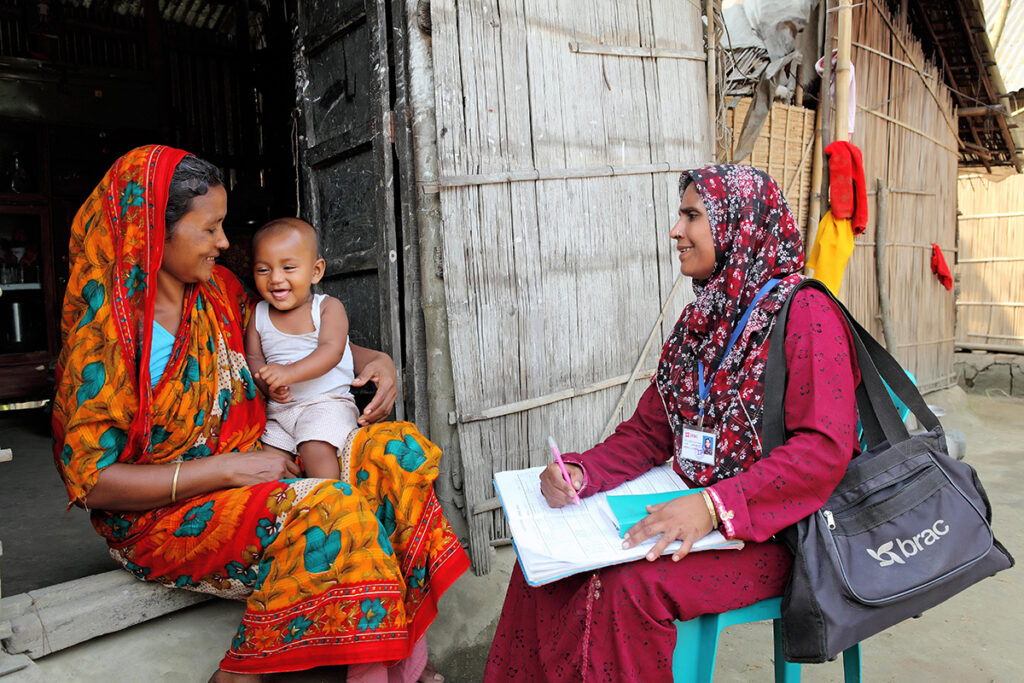Volcanoes are erupting in The Philippines, but on-fire Australia received some welcome rain. The Iran war cries have been called off and The Donald’s military powers are about to be hamstrung by the Senate. Meanwhile, his impeachment trial is starting, and we’re all on Twitter for a front-row seat.
What Could Go Right? What do we owe Tyre Nichols?
Transforming a culture of police brutality, bit by bit
This is our weekly newsletter, What Could Go Right? Sign up here to receive it in your inbox every Thursday at 6am ET. You can read past issues here.
Transforming a culture of police brutality
What do we owe to Tyre Nichols, the 29-year-old black man beaten to death by Memphis police? It’s a question that resists answering, due not only to the morass of complex factors at play but also to the emotional resilience required to face it.
“Just witness the countdown to the release of the Nichols video that had media gathered around like officials and spectators in the Roman Colosseum awaiting the visceral rush of that era’s version of blood sport,” The Progress Network (TPN) member Peniel E. Joseph wrote in The Boston Globe.
I haven’t watched cable television in years—I find it to be the worst offender of the media’s bad habits, from sensationalism to an overreliance on punditry—so I missed the ickiness Joseph describes above. But I think it stands in contrast to the feelings of many Americans who are not at all eager to view the video. In fact, they have avoided it, because the footage is profoundly disturbing in its own right, and because it feels like watching a play we have all seen before. How many times must we see the casual disregard of human life by those charged with protecting it?
There is a sentiment that often arises when the discussion around police brutality gets to this point, and that sentiment is shame. Once, a friend of mine here in Greece, where I live, was filling me in on the details of a 2008 Greek police shooting case. She offered by way of explaining the weeks of riots that followed, “This is not the US. We actually care about this stuff.” I felt that shame then. I didn’t know how to explain to her that many Americans do care, very much, but that we also can’t seem to find an entry point on police brutality that doesn’t devolve into partisan warfare.
On a federal level, at least. I always find it grounding to remember that the US is a massive country with numerous police departments, which makes solving for police brutality much trickier business than in a country like Greece, with a population smaller than New York City’s and one mostly homogenous to boot. Still, though, as Americans we care for all of our countrymen and women. We feel a responsibility to fix this nationwide, as we should. But lacking a national constructive framework to do so, the shame turns into despair, and sooner or later, to apathy.
It’s critical that instead of moving toward apathy, we help each other find and follow through with any entry points that exist. Here are a couple that I’ve found useful to consider over the past few days:
1) If we can’t end qualified immunity, the law that protects police officers from civil lawsuits, on a federal level, it’s possible to do it patchwork. The George Floyd Justice in Policing Act of 2020, which would have done so federally, died in the Senate. Perhaps it may be resurrected, perhaps not. In the meantime, as this Atlantic piece summarizes, “Since May 2020, lawmakers in more than half of the states have proposed bills” that would allow people to “bring state-law claims for constitutional violations where qualified immunity could not be raised as a defense.” Such bills have been passed in Colorado and New Mexico, failed in a handful of other states, and are on the agenda in several more. So it’s something you can track in your own state.
2) Professionalize the police and “get rid of secretive ‘elite’ policing units like the SCORPION squad,” as discussed in Reason. The officers who pulled Nichols over were a part of this squad, variations of which exist across the country, elite teams that operate with “far more leeway and less oversight than do regular police officers.” Members of SCORPION, criminal justice author Radley Balko writes in The New York Times, were trained with a mere “three days of PowerPoint presentations, one day of criminal apprehension instruction and one day at the firing range.” It has been popular among many writers this week to point out that the US requires more training hours of a cosmetologist than a police officer, as well as far fewer hours in comparison to police officers in other English-speaking countries. Pushing for better training is something that you can be involved in at the local level.

Nichols’ case is unusual in that it led to the prompt firing and charging of the officers involved. The Memphis Police Department has also already disbanded SCORPION. I don’t think we can expect a sudden, large shift in the US where one day we wake up and police brutality has been banished forever in all corners of the nation. But enough local and/or state successes, taken together, could indeed be turned into the constructive national framework we’re missing now. That way, by focusing on shifts we can make happen in our own communities, we may very well wake up and see that we have, over time, transformed our society as a whole by transforming it bit by bit.
Before we go
Last week the minute hand of the Doomsday Clock, which measures how close humanity is to total annihilation, was moved to 90 seconds to midnight. (Midnight equals annihilation.) It’s the closest we have ever been since the clock was dreamt up in 1947 to warn the world about nuclear threat. Jonah Goldberg in The Dispatch is excellent on why we should take this new “measurement” with a very large grain of salt.
We saw this in the newsletter of our friends at Future Crunch: “In the space of a single generation, the number of children dying under the age of five has fallen by 59%. Four low-income countries, Eritrea, Ethiopia, Malawi and Uganda, and 15 lower-middle-income countries, including Bangladesh, Mongolia and Uzbekistan, have reduced child mortality by more than 75% since 1990.”
Last but not least, we’ll need a lot of rare minerals in the process of going green. One study says that we can breathe easy: it seems like despite their name, the Earth holds enough rare minerals for the green transition.
Below in the links section, French mini-forests, chatbot watermarks, YouTube college credits, and more.

The silent killers sweeping the world, and a new initiative to tackle them

A Bangladesh-based international development organization is leveraging local expertise to tackle noncommunicable diseases. | Read more
Progress, Please
(Found good news? Tweet at us @progressntwrk or email.)
Other good stuff in the news 👽
Energy & Environment:
- New technique promises to strip carbon dioxide emissions from power plants and factories at record-low cost | CNBC
- The price of solar panels is set to plunge | TechCentral
- Fossil fuels fall to record low in power grid as renewables hit new high | The Sydney Morning Herald
- Global low-carbon energy technology investment surges past $1T for the first time | BloombergNEF
- Volunteers plant mini-forests in Paris to slow climate change, tackle heatwaves | France 24
- Wind and solar were EU’s top electricity source in 2022 for first time ever | Carbon Brief
Science & Tech:
- A watermark for chatbots can expose text written by an AI | MIT Technology Review
- New in AI: text to music and text to 4D | Ben Tossell on Twitter
- Archaeologist hails possibly oldest mummy yet found in Egypt | The Guardian
- The most ancient galaxies in the universe are coming into view | National Geographic
- NASA unveils initial plan for multibillion-dollar telescope to find life on alien worlds | Science Magazine
- In Japan, humanoid robots could soon become part of the family | Freethink
Politics & Policy:
- Italy’s Meloni belies radical image in cautious first 100 days | Reuters
- New York passes bill to codify abortion rights in state constitution | The Hill
- Women in Sierra Leone can finally own land | Quartz
- Chinese province ends ban on unmarried people having children | The Guardian
- Pennsylvania becomes 8th state to set PFAS drinking water limits | EcoWatch
- Every household in England ‘to be within 15 minutes of green space or water’ | The Guardian
- German parliament officially commemorates LGBTQ victims of Nazi regime for first time | CNN
Public Health:
- Guinea worm disease could be second ever human illness to be eradicated | The Guardian
- Are we on the cusp of a breast cancer vaccine? | Seattle Met
- Cigarette smoking in pregnancy down among mothers | US News & World Report
- US fertility rate increased for first time since 2014 | The Hill
Society & Culture:
- For the first time ever, I’m optimistic about women in the movie world | The New York Times
- Hank Green is giving you college credit for watching YouTube | Good Good Good
- Rape survivor wins case against ‘cruel and inhumane’ state of Bolivia | The Guardian
- Maryland lawmakers eye four-day workweek | The Hill
- Are we done with the CV gap taboo? | BBC
- As outdoor preschools gain traction, states work to unlock funding | The 74
Economy:
- Will Americans even notice an improving economy? | The New York Times
- Wind farms deliver economic jolt to rural Middle America | Pew
- Prospects for the global economy are improving, as worst fears fade | The Washington Post
TPN Member originals 🧠
(Who are our Members? Get to know them.)
- Yes, everyone has classified documents. The system is out of control. | Fareed Zakaria
- Recent layoffs at Big Tech don’t spell economic doom | Matthew Yglesias
- The economics and engineering challenges of mining the Moon, Mars, and asteroids across the Solar System | James Pethokoukis
- Dr. Fauci, the Great Reset and populism with Kim Iversen | John Wood Jr.
- Fighting for girls’ education no matter what | Faisal Saeed Al Mutar
- Matt Bennett on the Democrats’ image problem | Yascha Mounk
- New-Right Christians would repeat Islamist government failures | Mustafa Akyol
- How are US cities rebuilding after the pandemic? | Richard Florida
- Who is part of the free world? | Anne-Marie Slaughter
- Does ChatGPT mean the Technological Singularity is near? | James Pethokoukis
- ‘Having it all’ was always a poor measure of success | Anne-Marie Slaughter
- How India and China view Russia’s aggression | Anne-Marie Slaughter & Fareed Zakaria
- Inequality isn’t inevitable—if global communities cooperate | Ian Bremmer
Department of Ideas 💡
(A staff recommendation guaranteed to give your brain some food for thought.)
Three cheers for gradualism | Persuasion
The case for incremental change in a radical age.
Why we picked it: In a society that struggles to agree on history, facts, and future direction, is radical reform the best way forward, or would incremental improvements be more effective? —Brian Leli
Until Next Time
We could all use a fun fact about wombats. ⚡️


